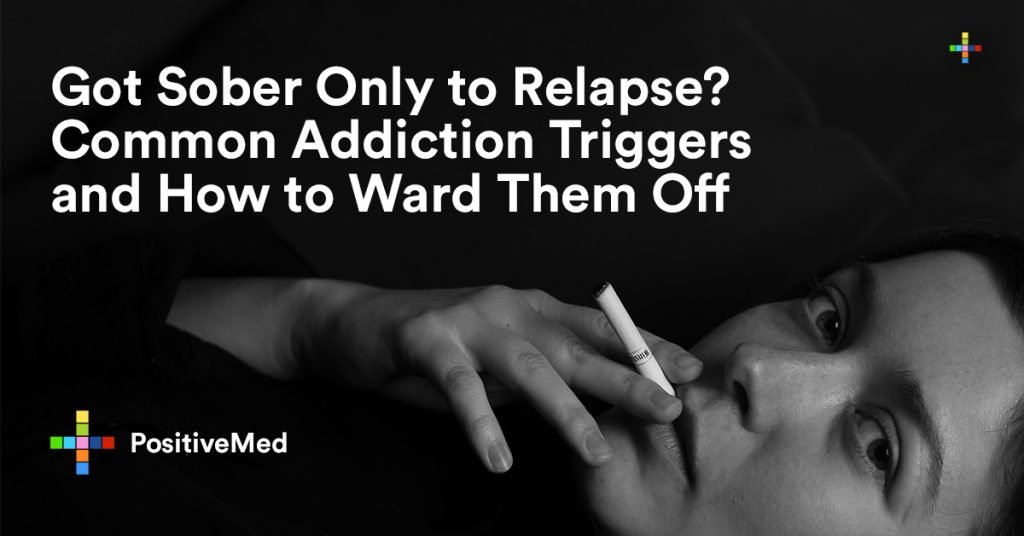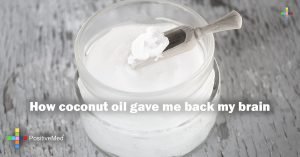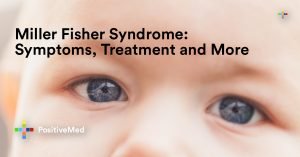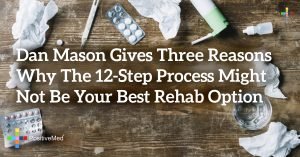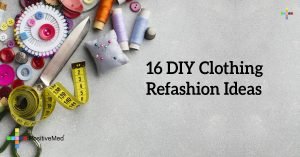You suffered from addiction and did what many sufferers fail to do – you got help. Attending rehab for drug or alcohol addiction is often the best course of action when efforts to quit on your own are unsuccessful. Rehab treatment centers have all the tools their attendees need to get sober and remain that way. They have medical staff, facilities, equipment, and medications necessary to help you detox, therapists and experts for counseling, and even tips and tools for how to stay sober.
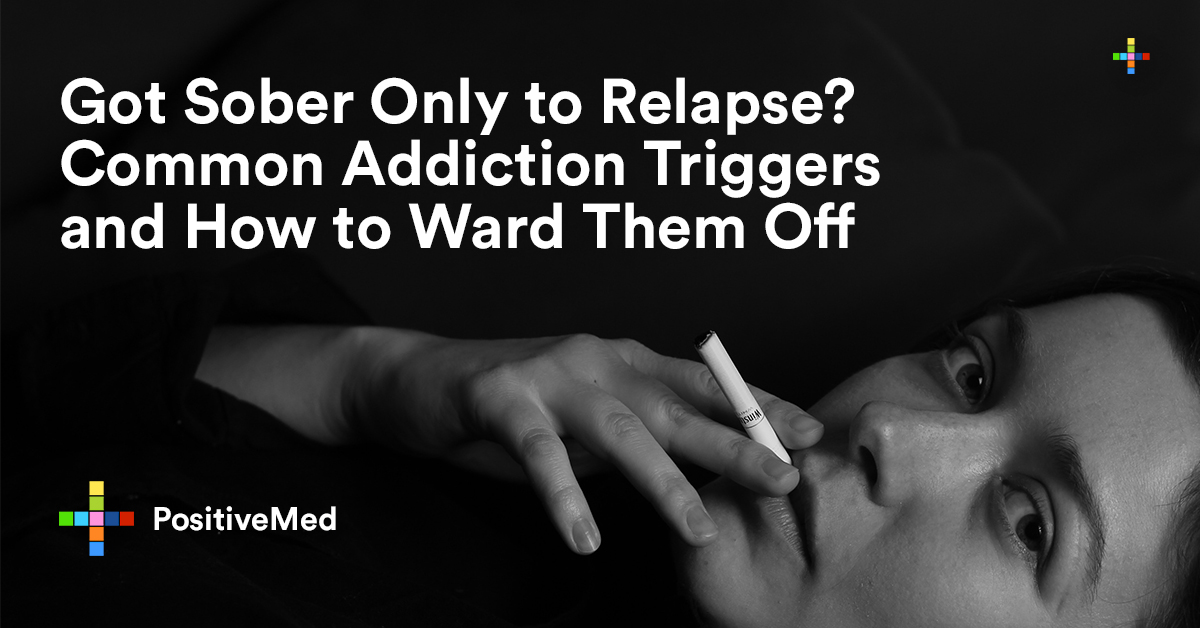
Yet, when you finish the program, there aren’t as many resources readily available to come to your aid and you’re immersed back into the real world, with real issues that can lead to real trouble – like relapsing. If you recently completed a rehab program and unfortunately relapsed, don’t be discouraged. The key to getting back on track is to first identify the triggers. So, what could possibly cause you to start abusing substances again? Here are some of the most common:
Celebrations
There are a lot of moments in life that require a celebration. The holidays, family birthdays, career advancements, the birth of a new child, and so much more. You never know when you’re going to be invited to an event that could tempt you to go backwards on your sober living. While you may not have planned on drinking, unless its an alcohol-free environment, chances are it will be there and the temptation may be hard to resist.
As much as you can try to steer clear of celebrations where you know alcohol will be involved. If this means explaining the importance of your sobriety to an employer, friend, or family member, don’t be ashamed to do it. If it can’t be avoided, ask someone who knows your struggles to tag along and hold you accountable and keep you away from your weaknesses.
Being Bored
When the mind and body are idle, you tend to get into things you probably shouldn’t. When you’re bored, your mind can start to wonder about the many stresses in your life prompting you to want to drink or use drugs. You’re also more easily tempted to engage in reckless behaviors like attending a social event with booze simply to pass the time.
Boredom isn’t good for anyone. You can get a handle on boredom by creating a list of sober living activities you can do on a regular basis. You can exercise, learn a new hobby, go back to school, or even take on more responsibilities at work simply to keep your mind off of stress and away from drugs and alcohol.
Relationship Trouble
As you’re probably already aware, addiction can do some serious harm to your personal and professional relationships. Though rehab may have been your first step towards making amends, getting back to a place of peace isn’t always easy. Keep in mind that all relationships have problems, however, when they reach the point that they’re causing you to have thoughts about taking a drink or using drugs this is risky business.
Related Link: Once You See The Rewards of Yoga, You’ll Hop on That Mat
Take a long hard look at your relationships. Are they healthy or toxic? Toxic relationships such as emotionally or physically abusive partners, friends, and family members who are addicts or substance abusers, and even employers who create a hostile working environment are detrimental to your health. Eliminate those relationships or at least put distance between you and the person-affecting you the most. You should also consider seeking therapy for yourself, your significant other, or your entire family to help you continue to heal old wounds and create new bonds.
Workplace Stress (Or Lackthereof)
There is no place like the office to send you to the nut-house on occasion. Your boss is riding your back about deadlines, your coworkers are not the easiest to get along with, you have too much work, you’re not making enough to pay your bills, or a number of other things could be going on causing you to relapse. Not to mention, obtaining a job after struggling with addiction can also be a hard pill to swallow.
You may not be able to up and quit your job, however, it cannot be a constant source of stress. Talk to your employer about your issues to see if they can help you come up with a resolution. Organize your workspace, create a schedule to avoid missing deadlines, and if necessary, start looking for other jobs you could do for more money (or just a better working environment).
The very fact that you attended rehab to get help with your addictions means that you’re a fighter. You’ll need that same determination and grit to get through the first few years and the rest of your life in a sober state. If you happened to relapse because of these common triggers and others, use the advice provided to get back to living an addiction-free life. If things are really out of hand, reach out to your rehab center to find out if there are programs or other resources for recovering addicts to use to stay on the straight and narrow. As long as you keep pushing back eventually those triggers won’t phase you anymore and you can carry out life without needing such a debilitating crutch like drugs or alcohol.

Edited by: Jessa (Feb. 24, 2019)
